Applied Sciences, Free Full-Text
$ 17.00 · 5 (710) · In stock

Bamboo is a fast-growing species in the grass family, with excellent tensile and compressive strength characteristics, in the plant kingdom. The tapered hollow thin-walled cylindrical configuration of the bamboo species, namely, Gui bamboo (Phyllostachys makinoi Hayata) and Moso bamboo (Phyllostachys pubescens) culm, adversely influences its longitudinal shear and transversal tensile strength properties for effective use in engineered joints. The objective of this study is to use the thermo–hydro–mechanical (THM) process to reduce the irregular shape of bamboo ends without damaging the culms. Samples from the two abovementioned bamboo species were used for the experiments. Pullout loads and failure modes of the sleeve bamboo joints assembled by gluing were also evaluated. Eighty-nine out of 96 tested bamboo culms were successfully reduced by the THM treatment to uniform circular cross-sections under the maximum reduction ratio of 0.15. Sleeved-joint samples made from Gui bamboo with wood fittings had the highest pullout loads and strength values. Based on the findings in this work, it appears that THM-treated reduced bamboo ends, being a sustainable resource, could have the potential to be manufactured as steel-sleeve joints to be used for different engineering applications.
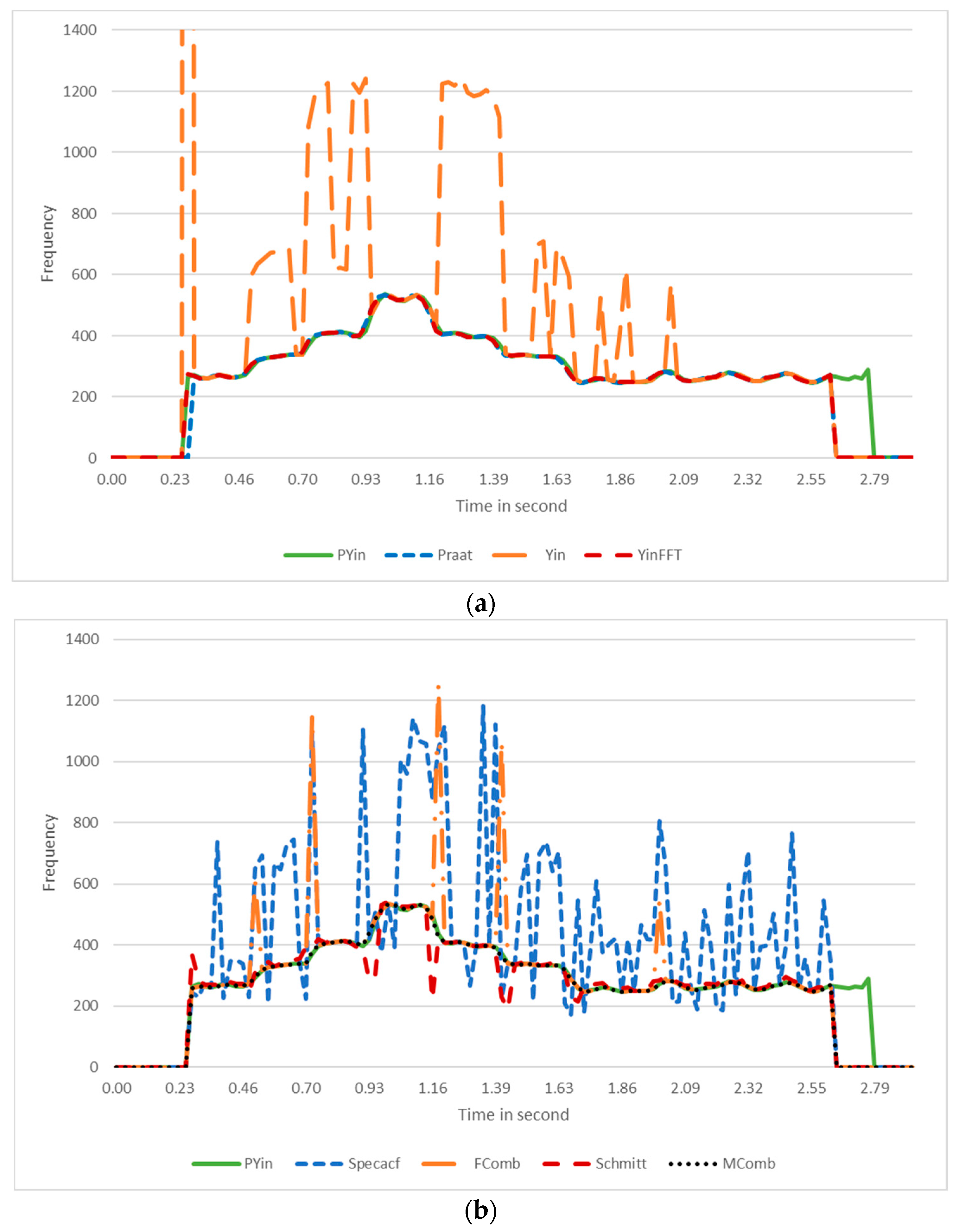
Applied Sciences, Free Full-Text, smooth contour wireless
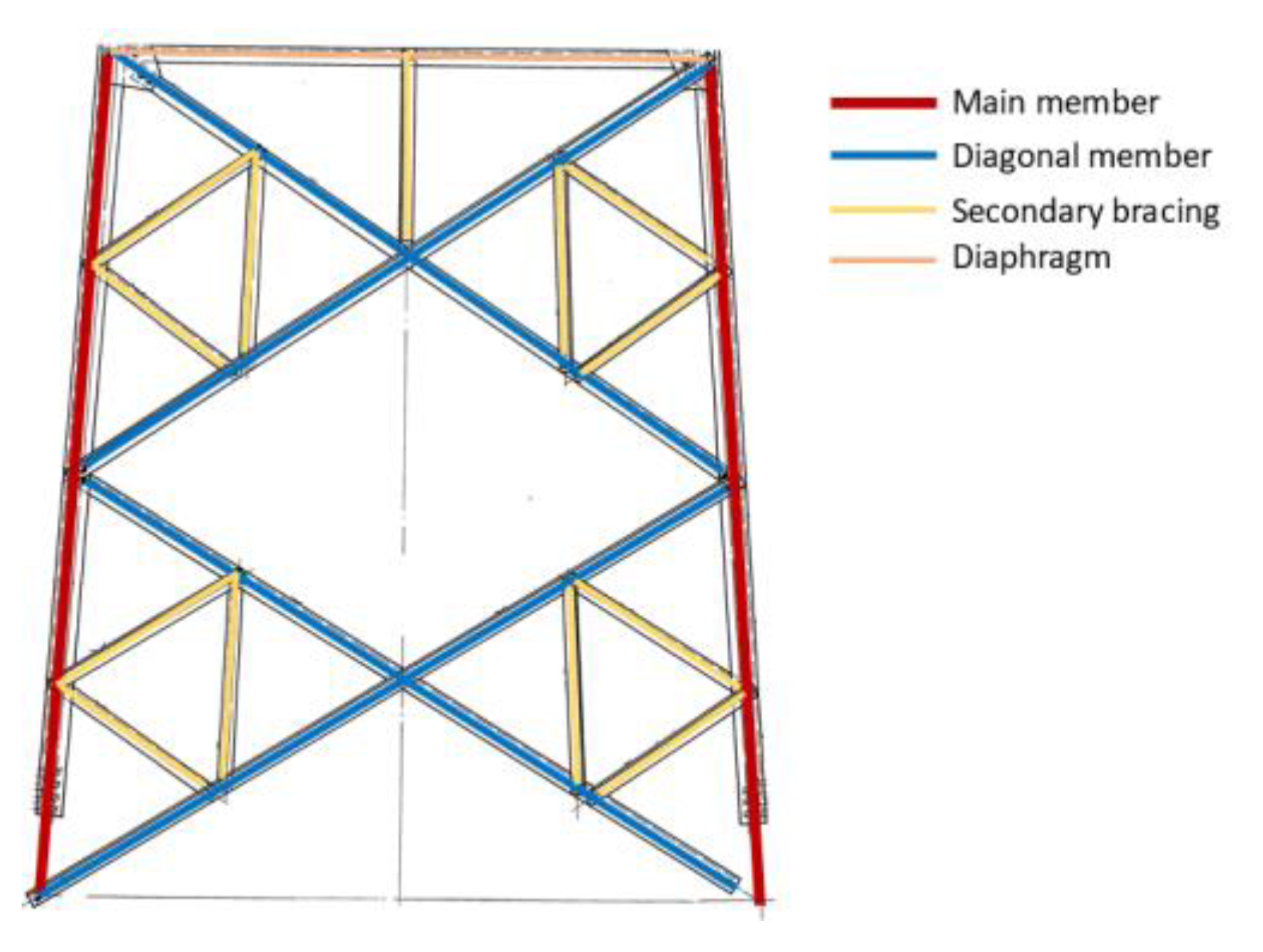
Applied Sciences, Free Full-Text, wind resistant

American Journal of Applied Sciences

Applied Sciences, Free Full-Text, core 10 scoring
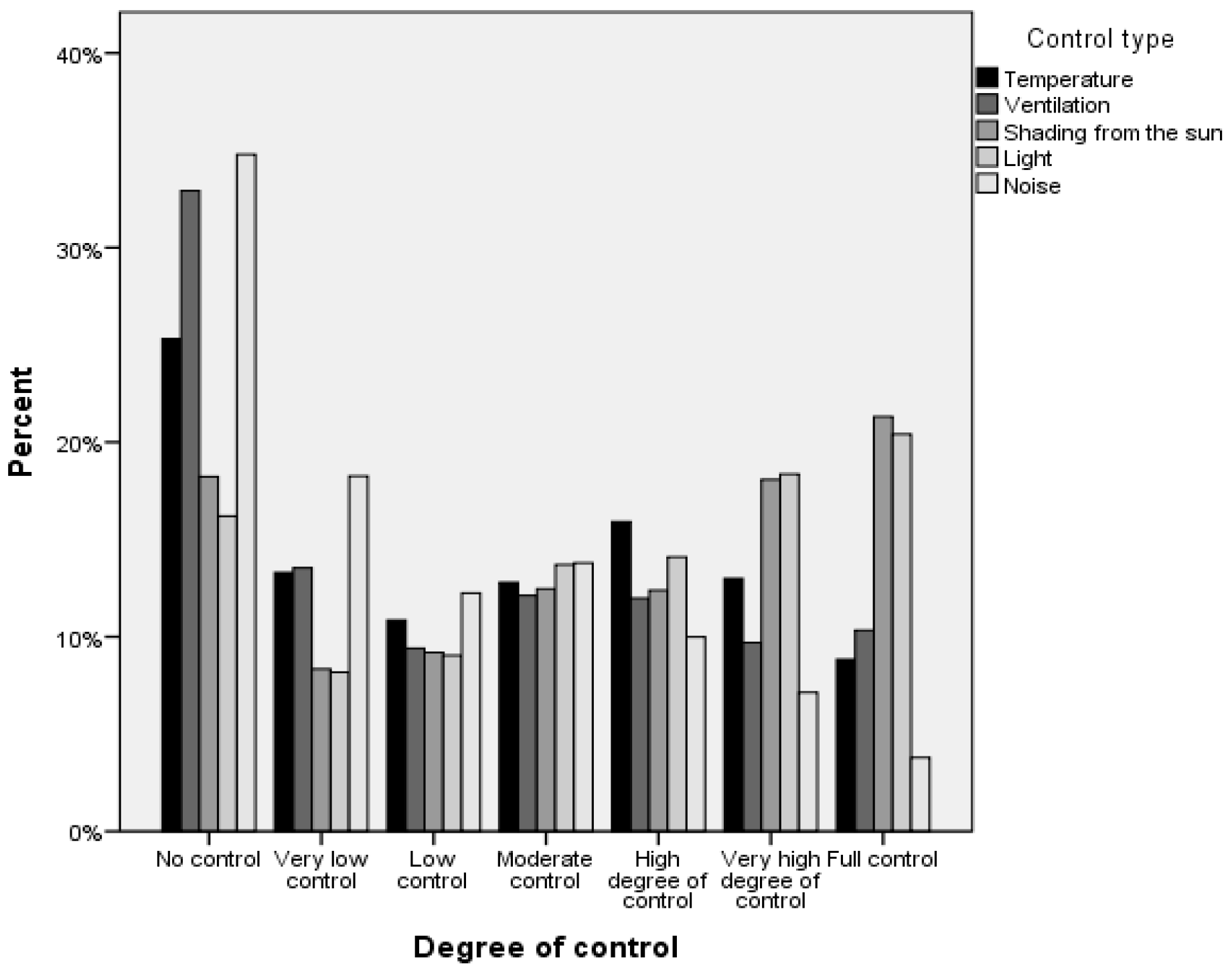
Applied Sciences, Free Full-Text, moderate control
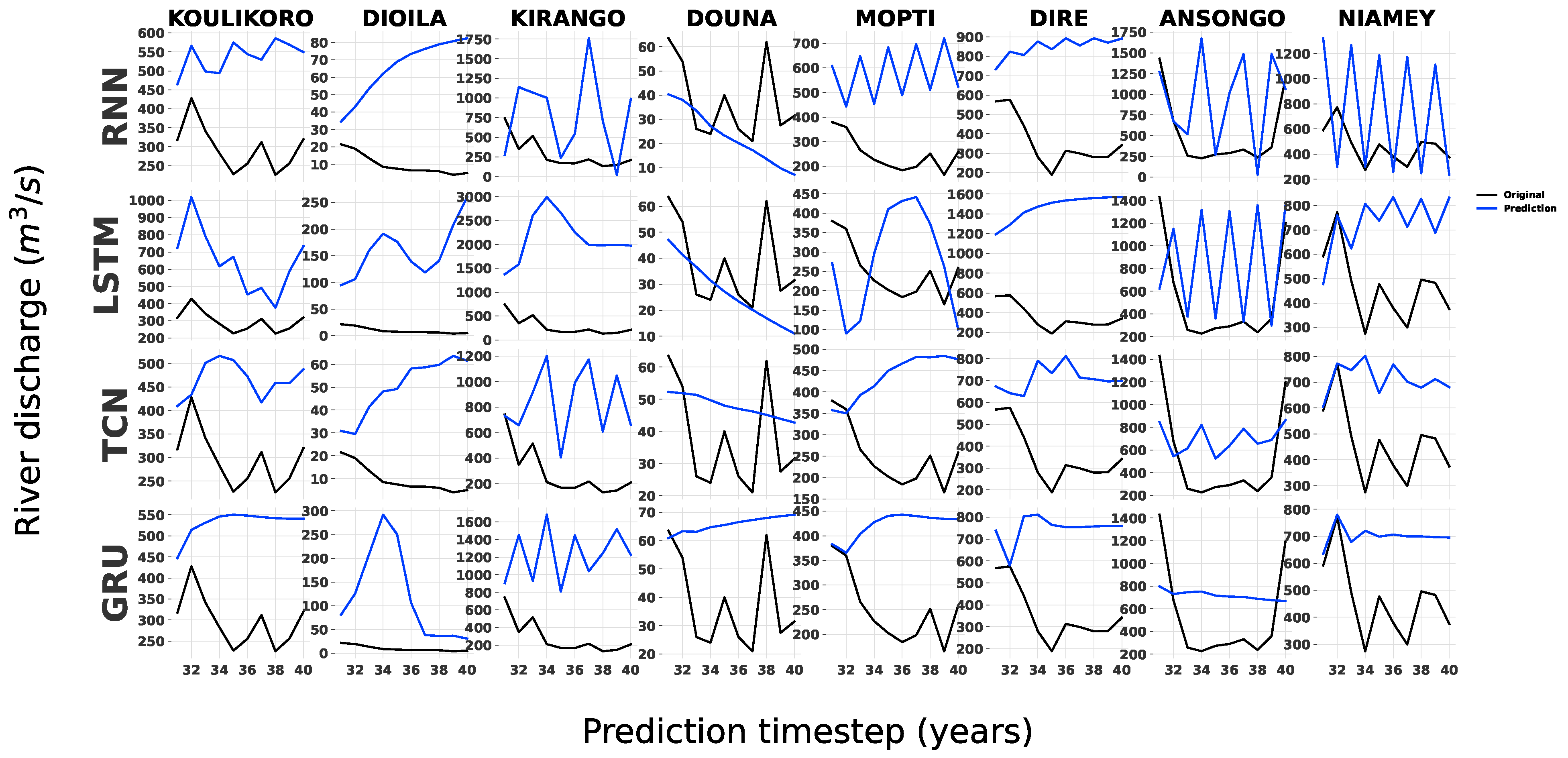
Applied Sciences, Free Full-Text, groups moodle ufsc
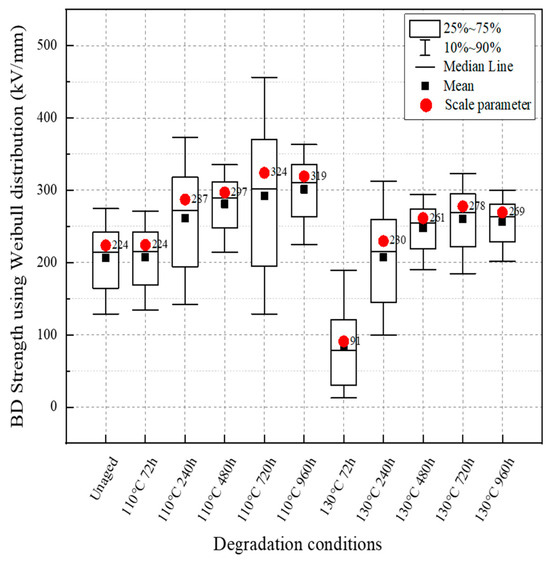
Applied Sciences, Free Full-Text, Pantograph

Applied Sciences, Free Full-Text, slip surface

Applied Sciences, Free Full-Text, groups moodle ufsc
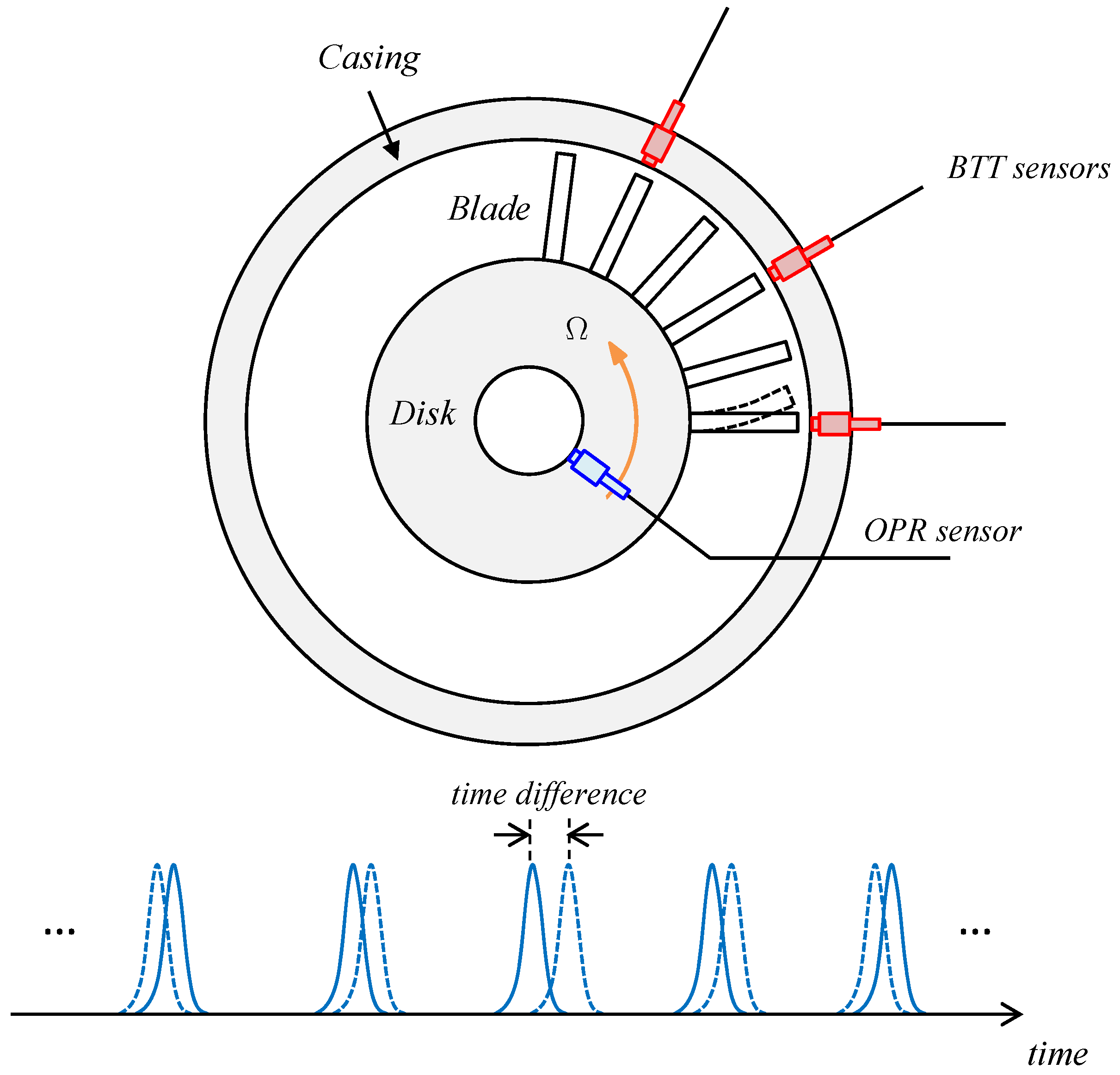
Applied Sciences, Free Full-Text, gas hupe dose